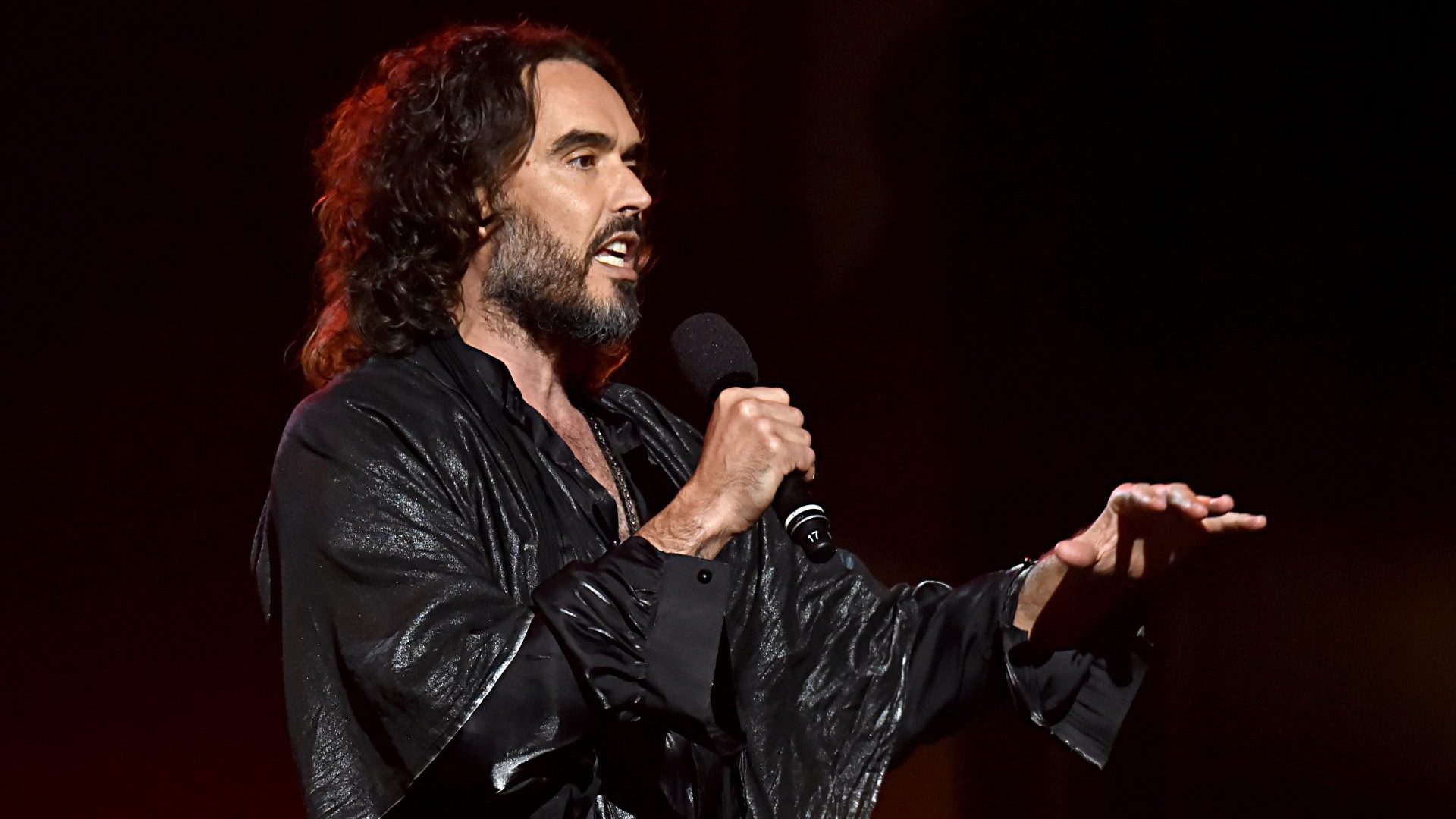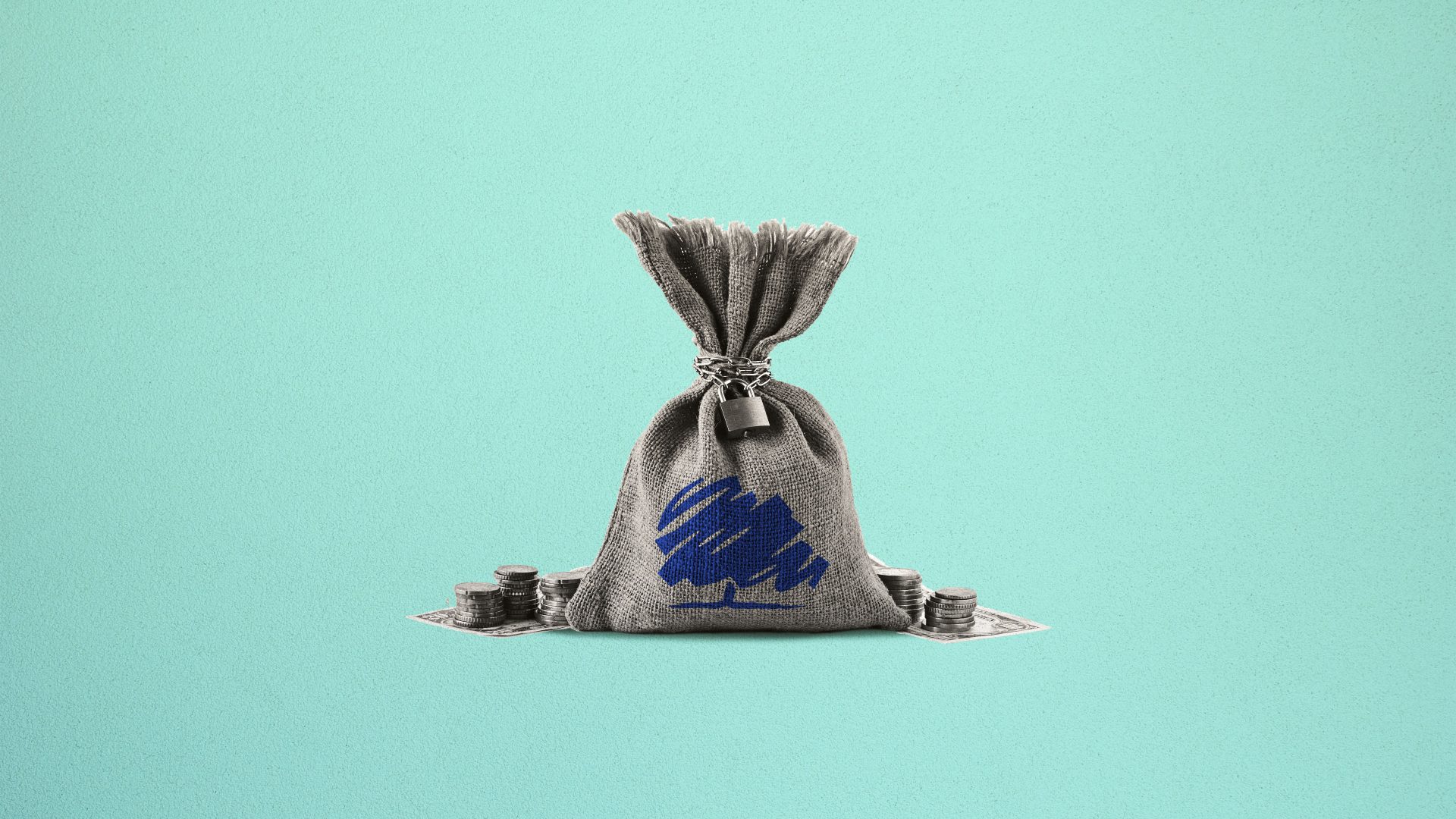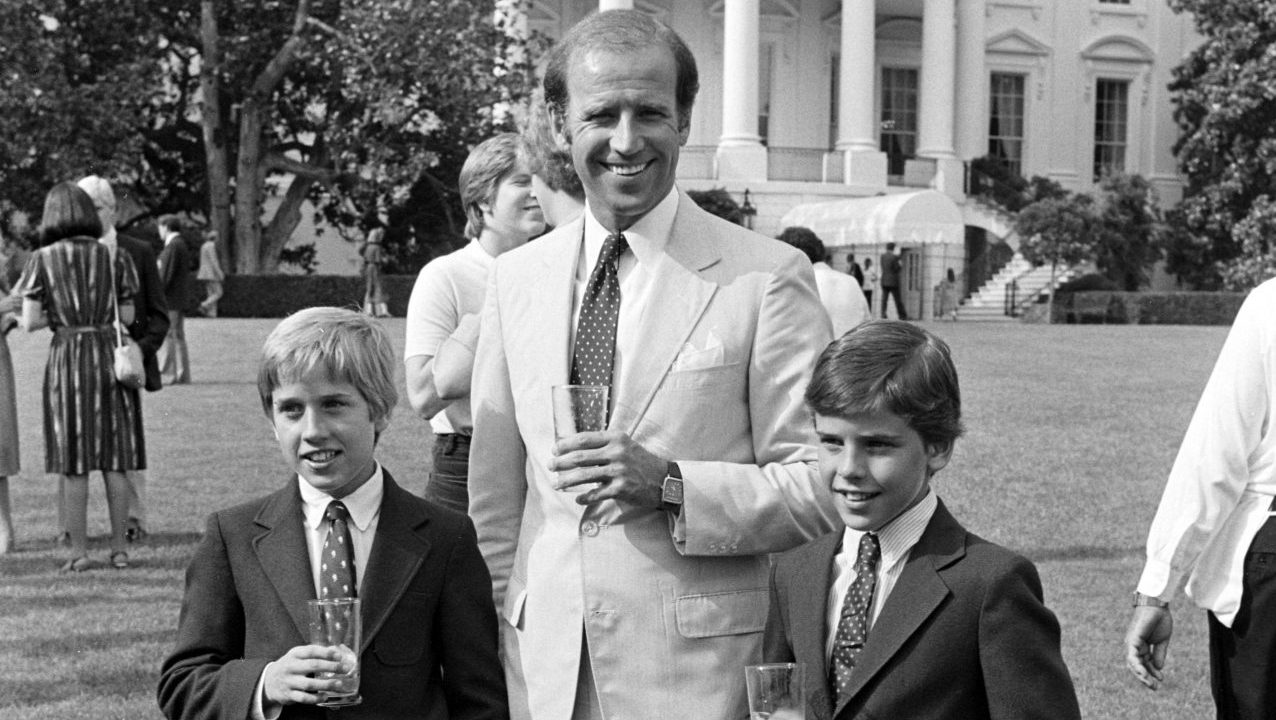Here’s a conspiracy theory for you: Russell Brand has been preparing for this moment for years, meticulously carving out a very specific cultural and political niche in anticipation of the day of reckoning that he must have known would sooner or later come.
Cast your mind back to October 5, 2017, when the New York Times investigative reporters Jodi Kantor and Megan Twohey published their original story about Harvey Weinstein’s history of sexual harassment. In the weeks and months that followed, the #MeToo online uprising became a global phenomenon; many powerful men were named by their victims and, in at least some cases, paid a price for their past actions.
From that day six years ago (at the very latest), Brand surely grasped that the countdown had begun; at some point, grave allegations would be made against him.
And those allegations, spanning the period 2006 to 2013, are shocking indeed. As part of a four-year-long investigation by the Times, Sunday Times and Channel 4’s Dispatches, spearheaded by the brilliant journalist Rosamund Urwin, four women came forward to describe what they had allegedly suffered at the hands of the comedian and self-styled public intellectual.
Their accounts include at least two cases of alleged rape; multiple alleged sexual assaults; and the grooming of a 16-year-old schoolgirl, allegedly choked by Brand and forced to give him oral sex. Since the 90-minute Dispatches special aired at the weekend, more women have come forward.
Though Brand continues to tour as a comedian – amazingly, he went ahead with a gig on Saturday night, even as the Channel 4 programme was being broadcast – he has relocated himself within contemporary culture since the period at the heart of the investigation.
There was a time when he hid behind the theatricality of high camp; which, as Susan Sontag teaches us, “is a solvent of morality. It neutralises moral indignation, sponsors playfulness”. Posturing as a Goth Noel Coward, he was, onstage, remarkably open about his sexual conduct. But it was hard to take seriously a man who looked like the lovechild of Lenny Kravitz and Charles Hawtrey; an explosion in a wig factory. That was his cunning. He sniffed out zones of impunity and crouched within them.
No longer a gonzo television presenter and movie star, he has since shapeshifted into an online wellness guru and anything-goes political podcaster. Once the darling of the left – remember Ed Miliband meeting him before the 2015 election? – he is now routinely categorised as “alt right”.
Certainly, some of the guests on his show Stay Free with Russell Brand fit that description: in July, Tucker Carlson granted Brand his first interview after being fired by Fox News. Carlson was also one of the first to rush to his defence at the weekend, along with (brace yourself) Andrew Tate, Tommy Robinson, Elon Musk and the deranged InfoWars host, Alex Jones. With friends like these…
Yet the key to Brand’s ideological cosplay in recent years has been the airtime he has given to conspiracy theories. This pivot became especially apparent during the pandemic, when he started to embrace anti-vax propaganda; attacks on Ukraine’s president, Volodymyr Zelensky, that would delight Vladimir Putin; the ludicrous notion of the “great reset” (Covid was simply a drill to soften us all); nonsense about 9/11; and many other misinformation narratives.
As wildly irresponsible as this has been, it has delivered precisely what Brand wanted: namely, a huge, devoted online fanbase. He has 11.2 million followers on X; 3.8 million on Instagram; 2.2 million on TikTok; and 6.59 million subscribers on YouTube.
He loves to posture as a voice of the powerless, a persecuted techno-Jesus speaking up for the disenfranchised, and nobly weathering the attacks, covert and overt, of the mighty. But this is all absurd.
No individual with a following of this scale can possibly claim to be a martyr or even a disruptor. It is high time we stopped treating online warriors of Brand’s might and reach as though they were rebels. In 2023, they are not in any meaningful sense anti-establishment. They are the establishment.
In practice, what Brand has been building amounts to a digital stockade, which he now hopes will protect him. Intuitively or otherwise, he grasped long ago that conventional stardom is vulnerable to fashion and public caprice; but that conspiracy theories tend to lure in disciples for the longer term.
One of the reasons for this bond of loyalty is what the Dartmouth College political scientist Brendan Nyhan has called the Backfire Effect: namely, that presenting someone gripped by a conspiracy theory with facts and logic undermining their delusion frequently reinforces his or her belief. The treatment, in other words, nourishes the disease. For that reason, the allegations made against Brand have already been interpreted by many of his followers as clinching evidence that he is right about the wicked conspirators running the planet.
On Friday night, Brand pre-emptively posted a video in which he framed the media’s investigations into his allegedly brutal treatment of women as the work of unnamed plotters. “Is there another agenda at play?” he asked.
It is alarming that this sort of garbage has any sort of traction at all. The only “agenda” at work here is the mission of journalism at its very best: painstaking investigations that enable reporters to uncover, verify and publish important and consequential stories.
In the end, Brand was always closer to Joaquin Phoenix’s Joker than a music hall drag queen for the digital age. Amid all the coarse merriment, there was pure kohl-eyed menace and narcissism of the most toxic kind.
The sickening thing is that – even though his career is surely destroyed and his liberty perhaps in jeopardy – a part of him will be loving the attention. If so, he deludes himself more than ever. This moment is about the women who had the courage to come forward and disclose the terrible things that had happened to them. For once, and at last, it isn’t Russell Brand’s story at all.




